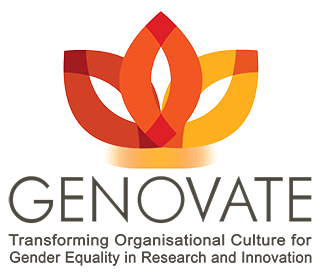 The GENOVATE Community is a platform which enables GENOVATE partners to share institutional information and case studies, and facilitates the coordination of a buddy system for bench learning.
The GENOVATE Community is a platform which enables GENOVATE partners to share institutional information and case studies, and facilitates the coordination of a buddy system for bench learning.
The GENOVATE Community consist of seven GENOVATE partner institutions; the GENOVATE International Advisory Board; key strategic collaborators and stakeholders and the general public. It is a mechanism designed to facilitate meaningful knowledge exchange across the community at local, national and international levels within each of the partner institutions’ countries, across Europe and globally.

LTU had a poster session @gendersummit7 in Berlin, Germany November 6-7, 2015. Malin Lindberg's poster discussed Undoing Gender in EU’s social innovation policies? Ylva Fältholm and Paula Wennberg highlighted best practices and good gender mainstreaming examples from LTU, e.g. Genovate, OPTi, SATIN. Gender Summit 7 attracted 320 delegates.
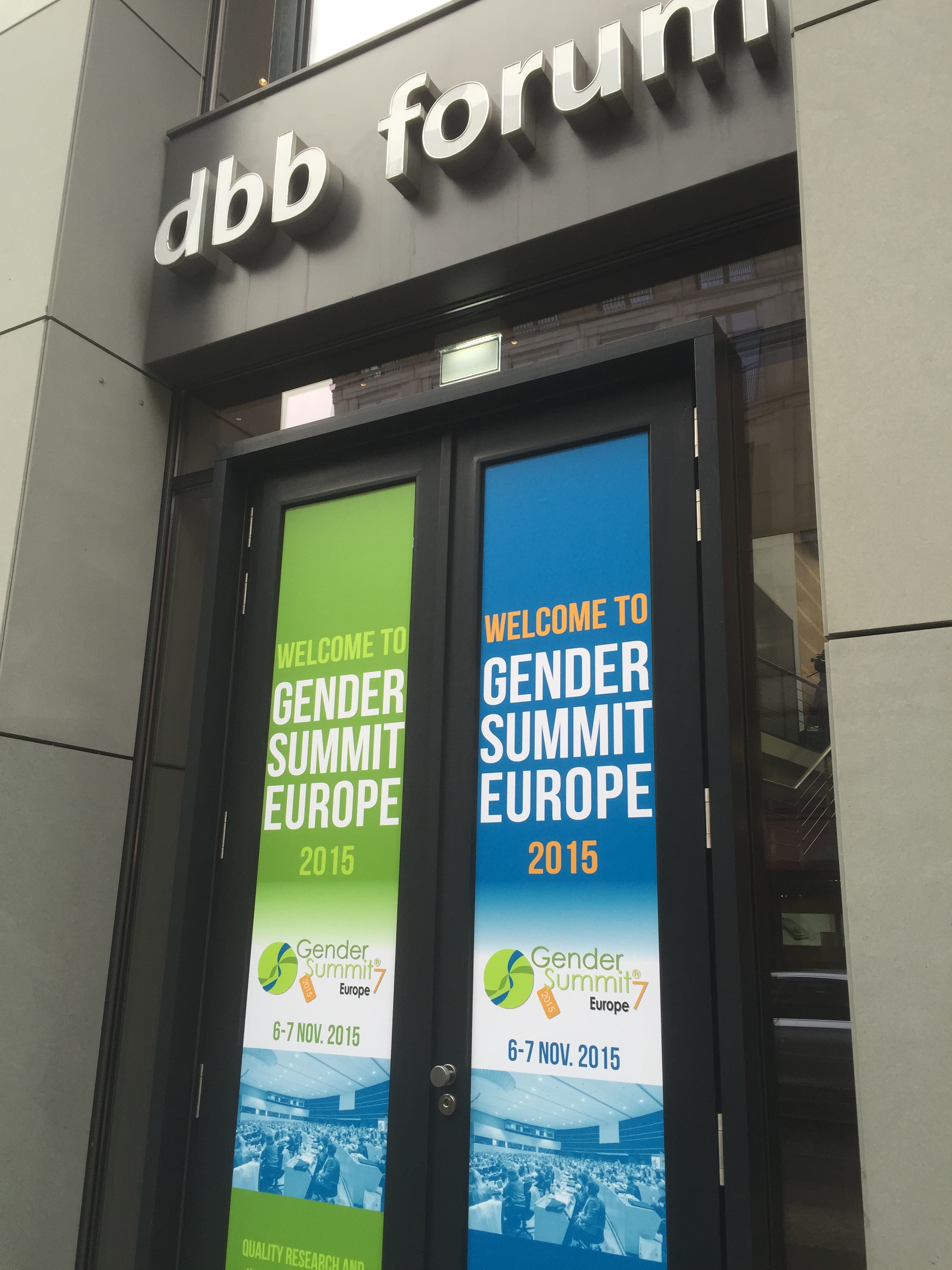
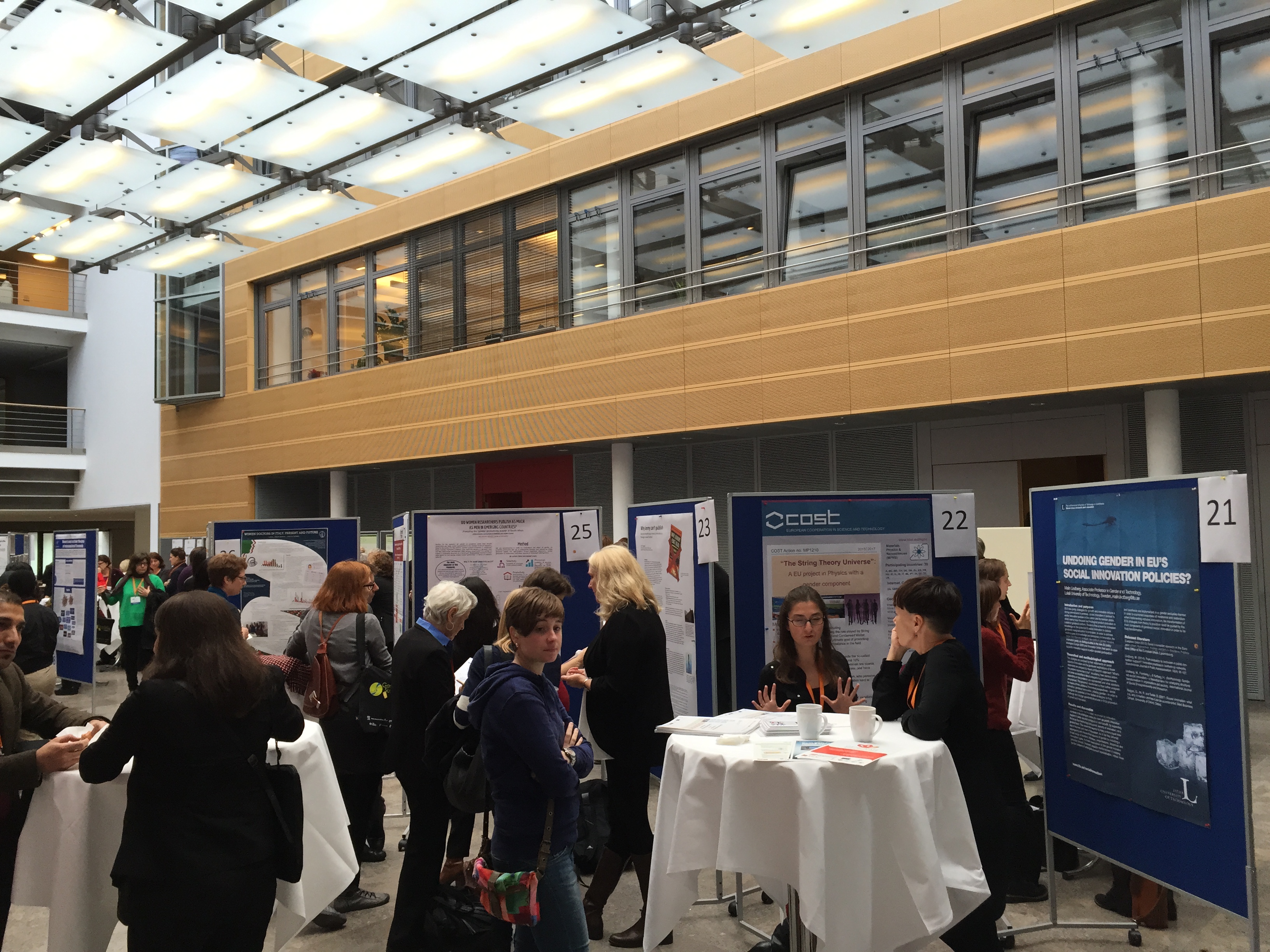
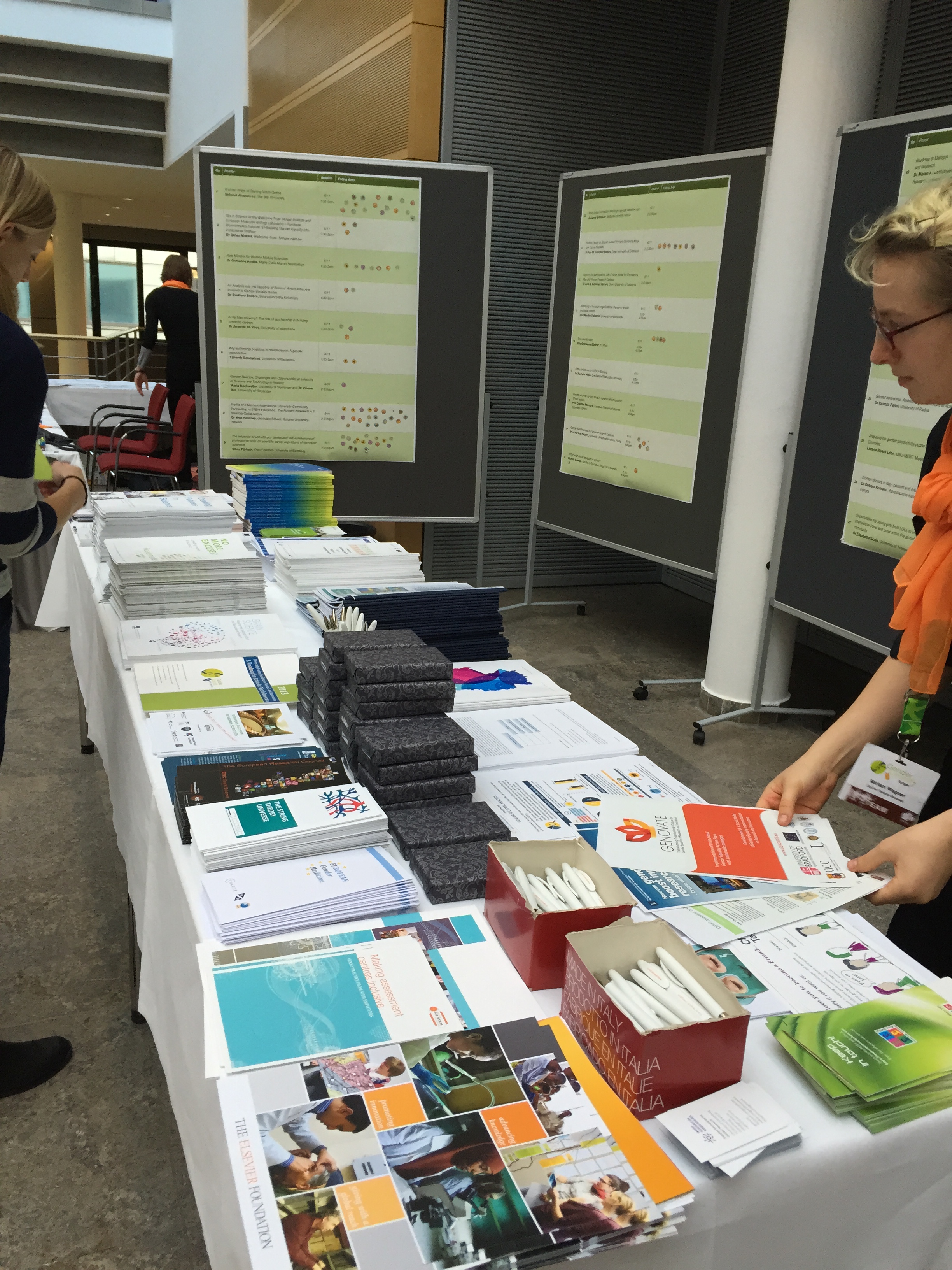

The ICT2015 in Lisbon in October 20-22, 2015 attracted 6 000 participants. In the conference organised by the European Commission GENOVATE results, gender mainstreaming tools and methods were discussed in F2F meetings and networking events. LTU highlighted the OPTi project as a good example on how the project integrates a gender dimension in its core activities:
OPTi - Optimization of District Heating and Cooling (DHC) systems www.opti2020.eu
The OPTi project aspires to create a long-lasting impact by rethinking the way DHC systems are architected and controlled. The overarching goal is to create business benefit for the industry as well as to ensure optimal end-consumer satisfaction. “With a user-centric design, we will contribute to next-generation District Heating & Cooling systems”.
Through a gender perspective the OPTi project aims to enhance creativity and innovation. The project’s ambition is to integrate a gender perspective in decision-making, communication and end-user participation. The project will strive for gender distribution when selecting users for field trials. The aim is to try to understand men and women’s need s and behavior to enhance the quality and relevance of the system. The project will pay special attention to how to communicate with consumers and how to motivate end-user participation and consumer interaction. The project’s ambition is also to achieve widest possible dissemination of the materials and assets generated by OPTi.
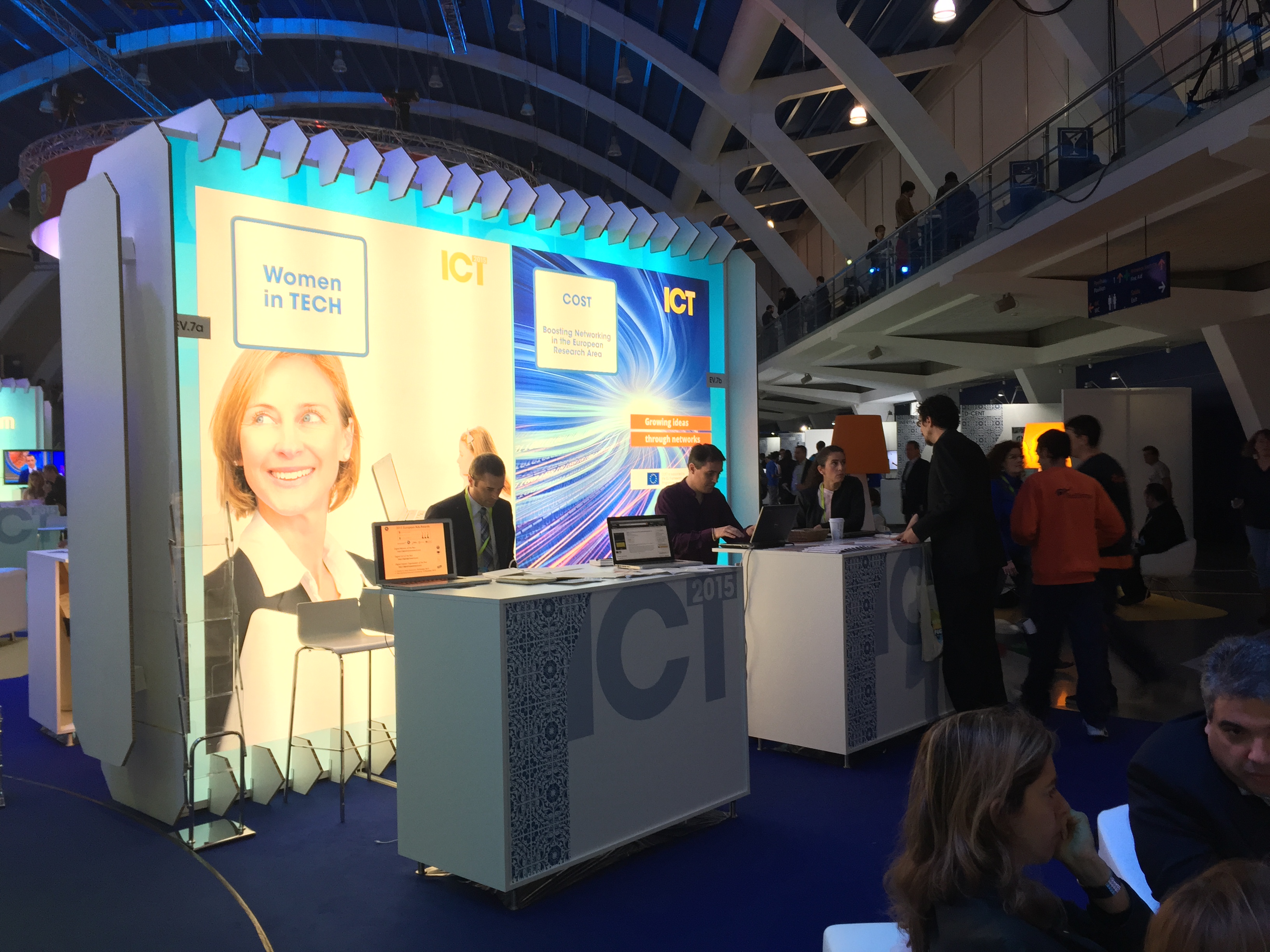
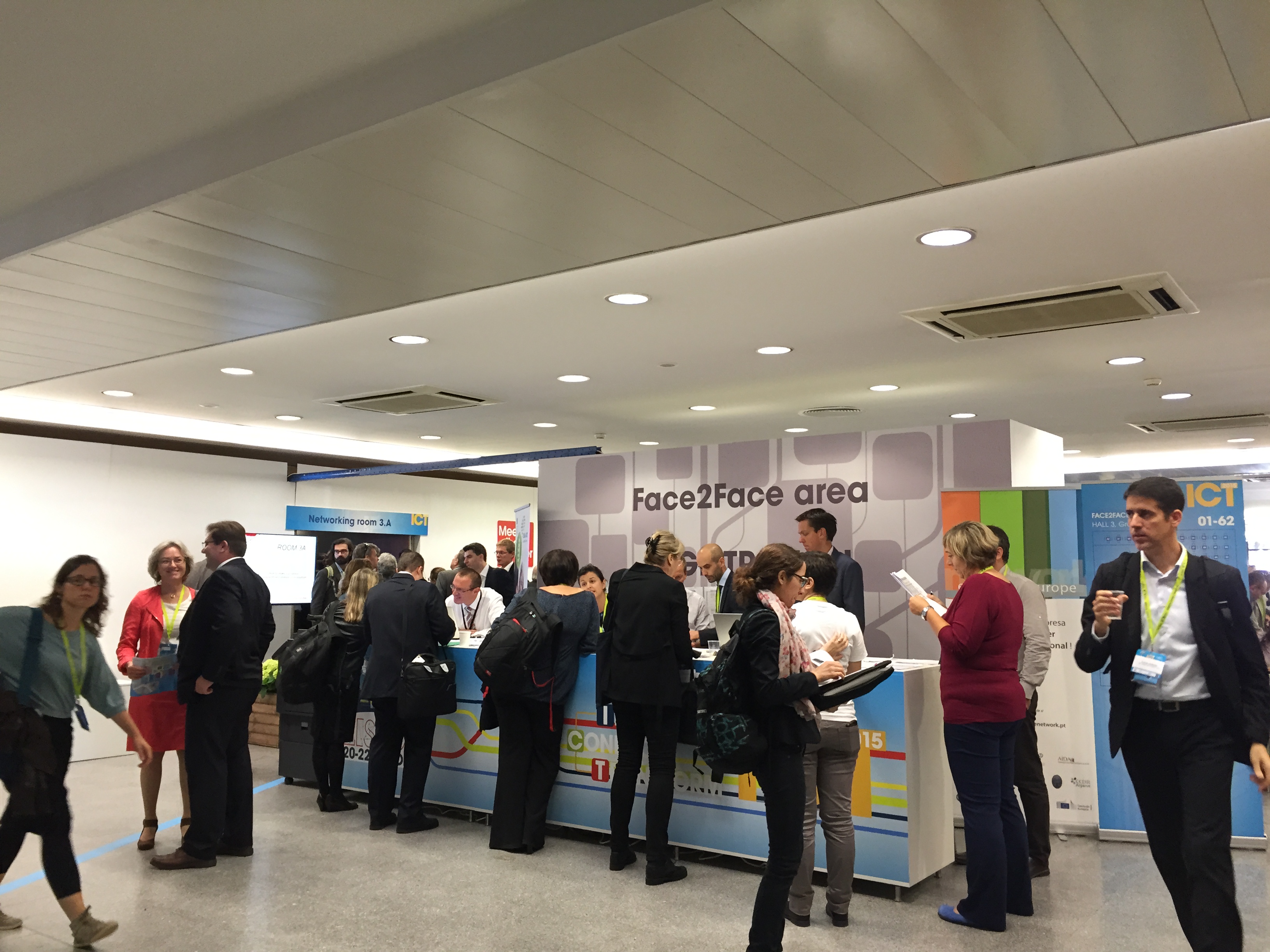
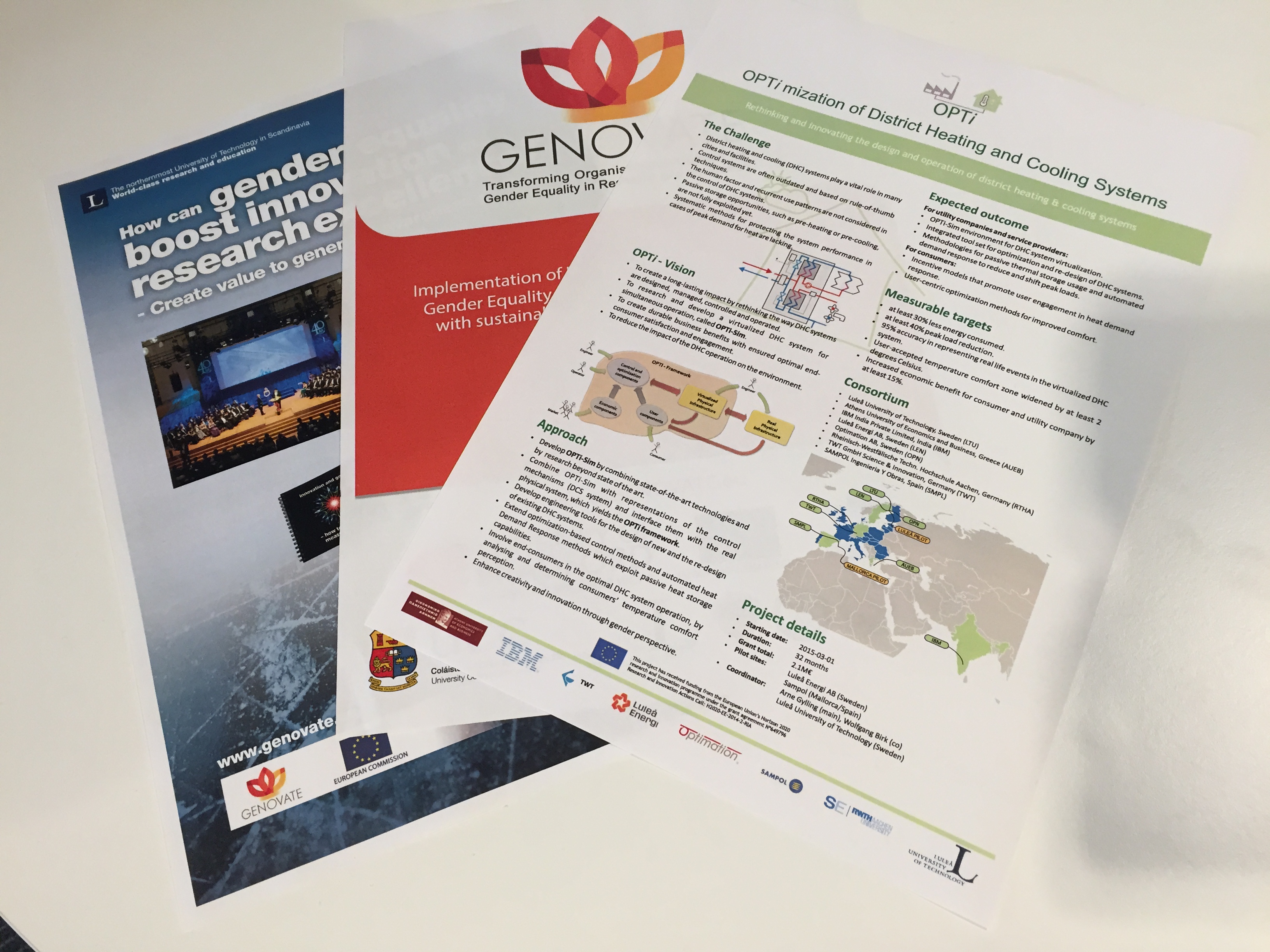

At Centre for Distance-spanning Technology we yesterday carried out a focus group in order to gain more knowledge about the culture climate change at LTU regarding gender equality. We use collaborative processes and participatory methods in our workshops to enable the sharing of knowledge and experiences between gender researchers and participants. This focus group is one of the activities when striving for a more innovative organisational development and change process at our university.
-Coming together is a beginning. Keeping together is progress. Working together is success. (Henry Ford)
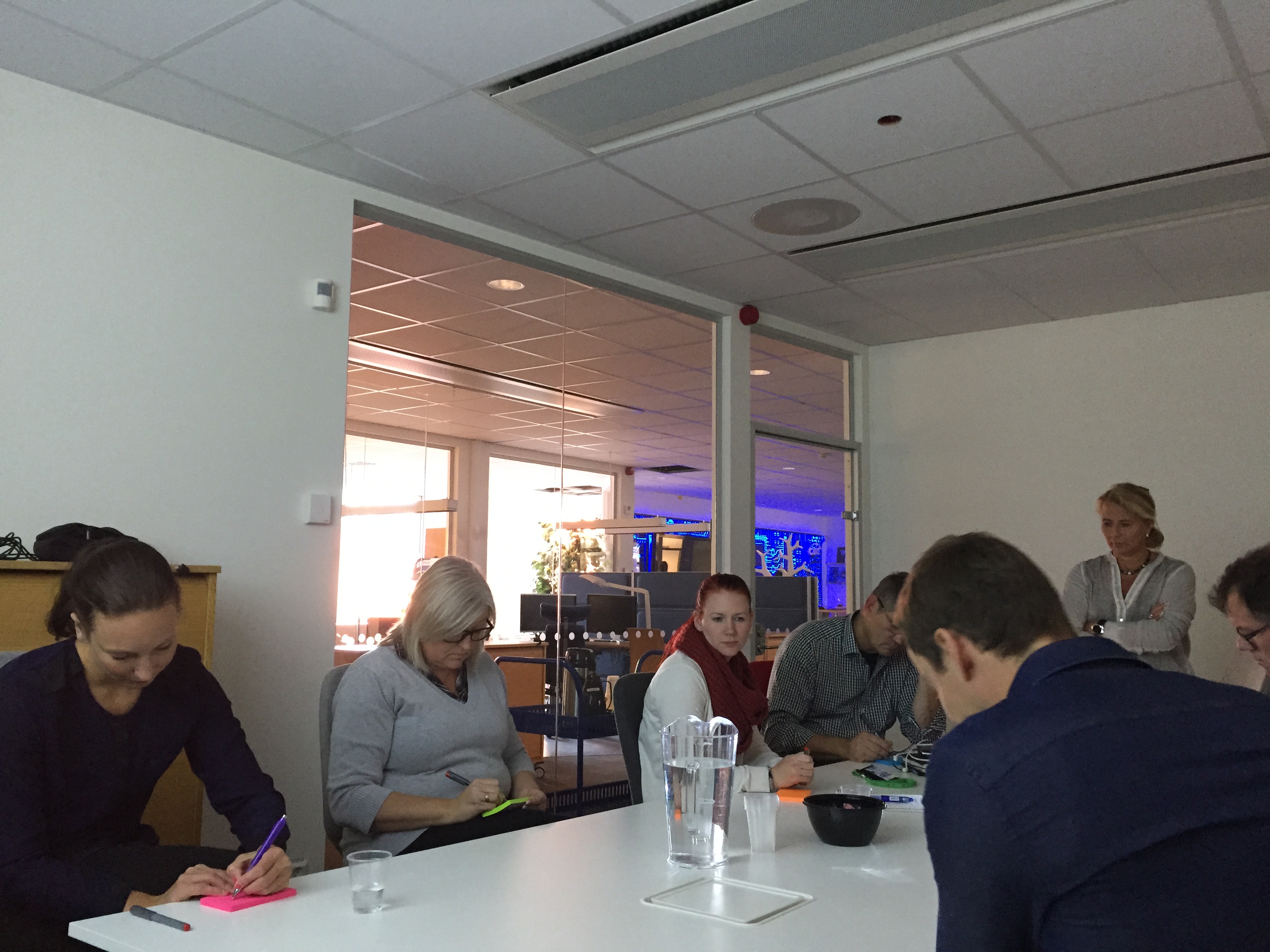
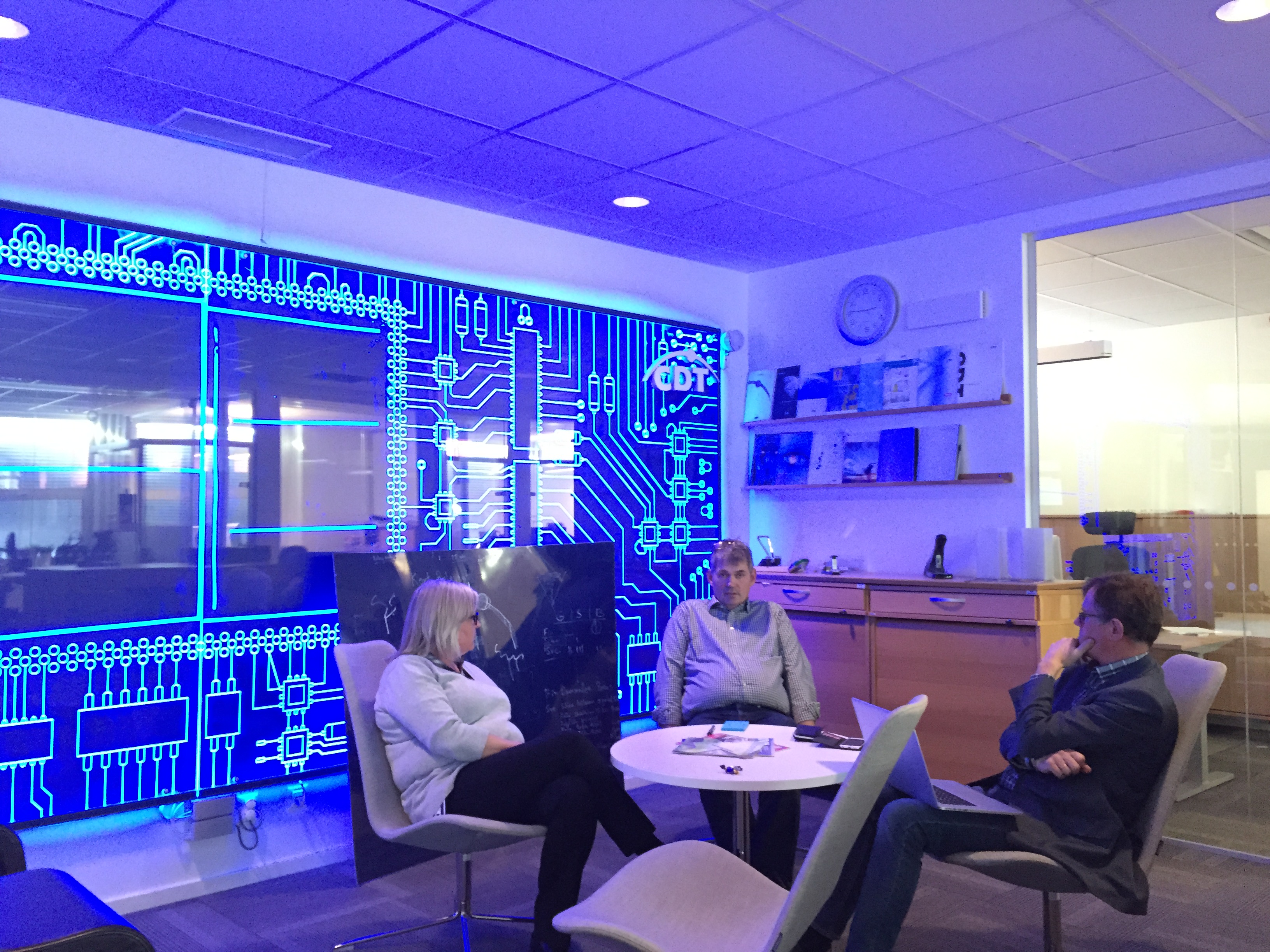
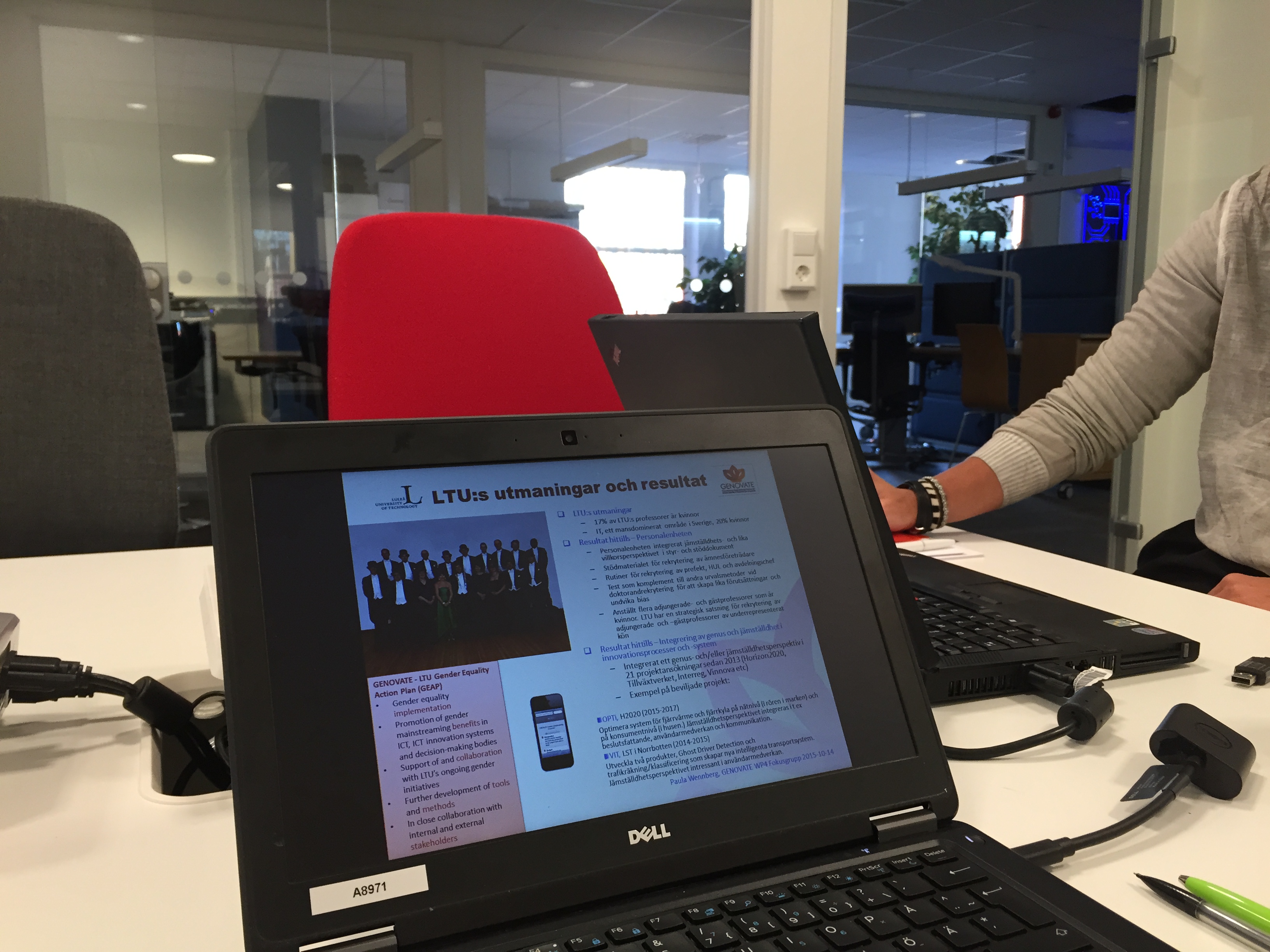

How to improve the societal relevance of technology and innovation
Integrating a gender perspective in research and innovation content, helps improve the scientific quality and societal relevance of the produced knowledge, technology and/or innovation. The H2020 project, OPTi, is a good example. The aim of the project is to contribute to next-generation district heating and cooling systems.
In order to strengthen the innovativeness of the project and create competitive advantage OPTi aims to mainstream a gender perspective in selected, relevant project activities e.g. decision-making, communication and user participation. The project’s ambition is to question ingrained gender roles, ways of thinking and working in order to enhance creativity and innovation. The OPTi consortium had the second face-to-face meeting in Athens on Sep. 9-11 2015.
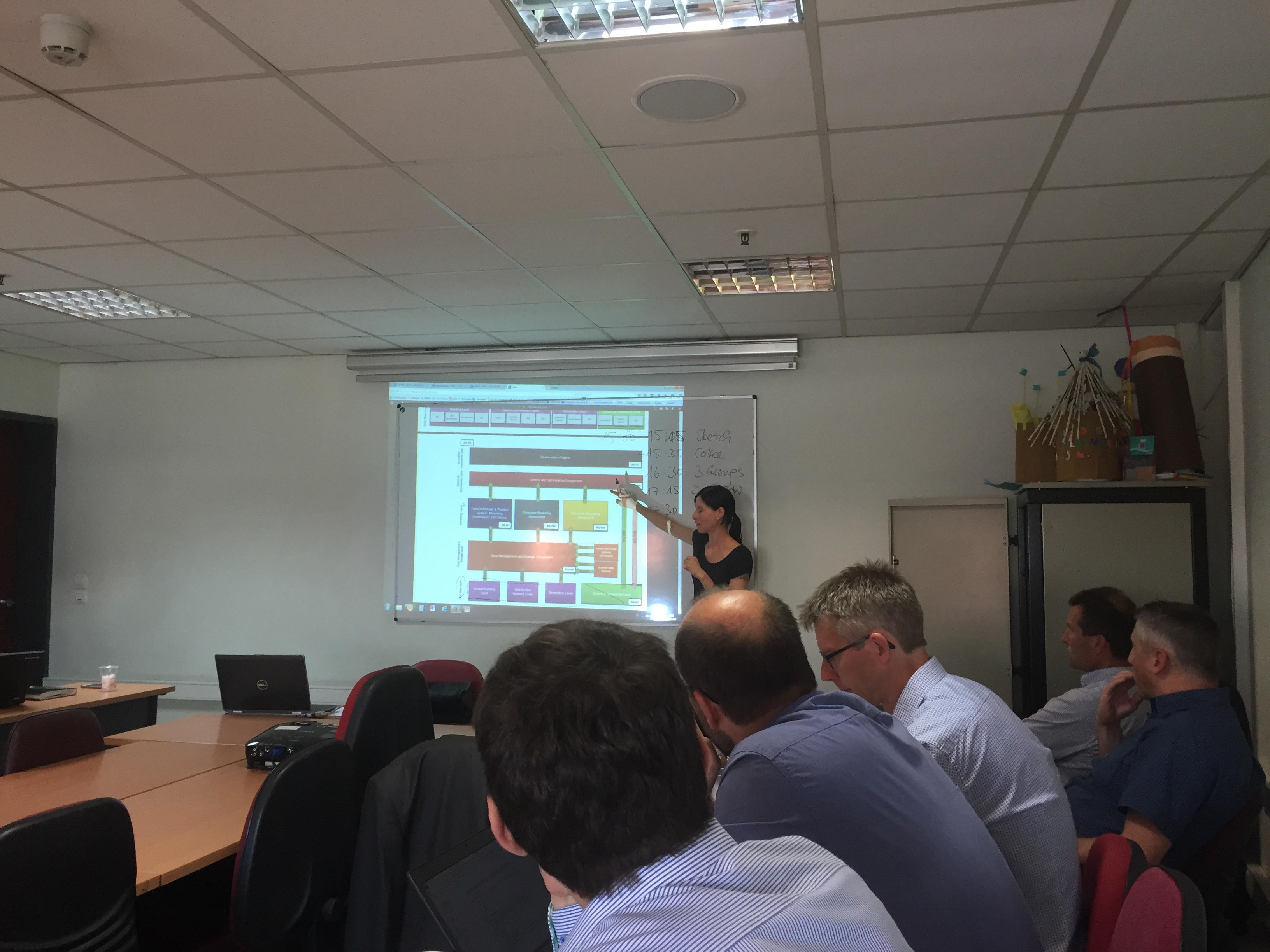
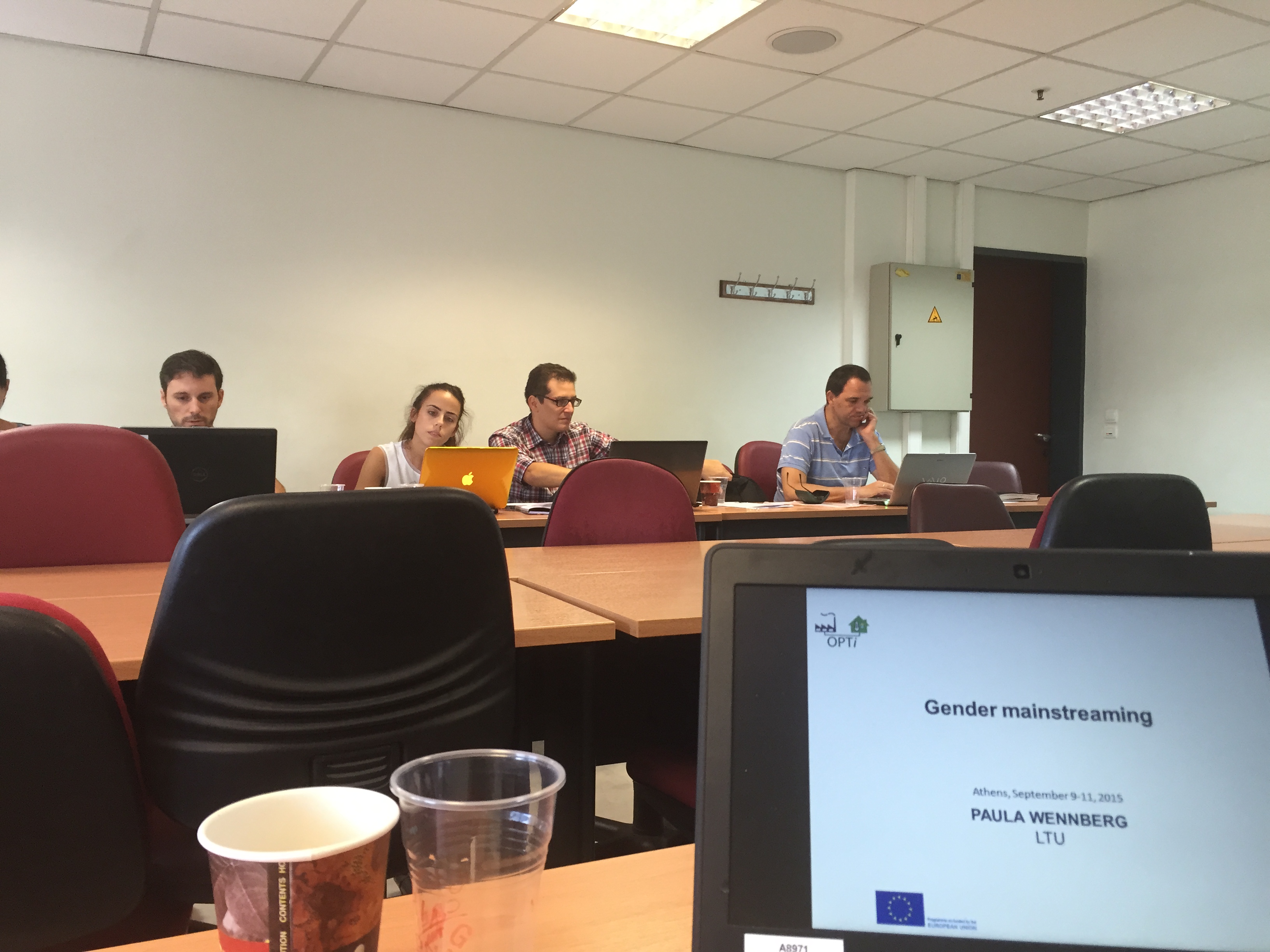


-Research that does not consider sex and gender analysis in the scope, impact and utility of results may not be equally valid for both men and women, according to the report, Gendered Research and Innovation, which was published on 14 September. Read the news article on the web site of Research Professional https://www.researchprofessional.com/0/rr/news/europe/universities/2015/9/LERU-highlights-dearth-of-gender-data.html
-The failure of academics to account for sex and gender-based differences can undermine the quality of research and even risk lives. Link to the report by the League of European Research Universities (LERU): “Gendered Research and innovation: Integrating sex and gender analysis into the research process” on http://www.leru.org/files/publications/LERU_AP18_Gendered_research_and_innovation_final.pdf
The link to the EU Commission topics with a gender dimension on http://ec.europa.eu/research/participants/portal/desktop/en/opportunities/h2020/ftags/gender.html#c,topics=flags/s/Gender/1/1&+callDeadline/desc

This year’s conference has the theme: Global Outreach: Enabling Cultures and Diversity in Research Management and Administration. Already 650 participants have registered to the event. Welcome to meet LTU in the Track 2 about responsible research and innovation. The LTU team will present and discuss Genovate, LTU’s Code of Practice and how it is implemented at the university. Read more about the programme http://conference2015.earma.org/programme/689/
Track 2.2 GENOVATE; boosting gender equality in academia
Chair: Olaf Svenningsen , University of Southern Denmark, Denmark
Paula Wennberg, Centre for Distance-spanning Technology, Luleå University of Technology, Sweden
Carina Mattsson, HR Department, Luleå University of Technology, Sweden;
Gender equality is strategically valuable in research and innovation because it is now recognized that
- research excellence requires accessibility, resources and advancement opportunities for the best researchers, irrespective of gender and
- innovation demands the diversity of perspective and input that is possible from a truly diverse pool.
GENOVATE is an EU FP7-funded action research project including seven European partner universities with different institutional and national contexts for gender equality. One of the core goals of the project is to ensure equal opportunities for women and men by encouraging a more gender-competent management in research, innovation and scientific decision-making bodies.
In this dialog seminar, a Code of Practice, a set of recommendations, to boost gender equality in academia that has been prepared in the project with stakeholders will be described and discussed. The Code is designed to facilitate a change process at a university in terms of improved gender equality in research and innovation. The Code includes examples of gendered structures at a university to assist staff to understand how to avoid reproducing stereotypes. The Code is also prepared to inspire staff not only in academia but also in industry to put gender issues on agenda.
Finally, the session will demonstrate practical gender-mainstreaming tools, such as a check-list to support a gender-aware recruitment process as well as a gender app and gender toolbox, also useful when preparing H2020 applications.
Powered by Multicategories for Joomla!2.5